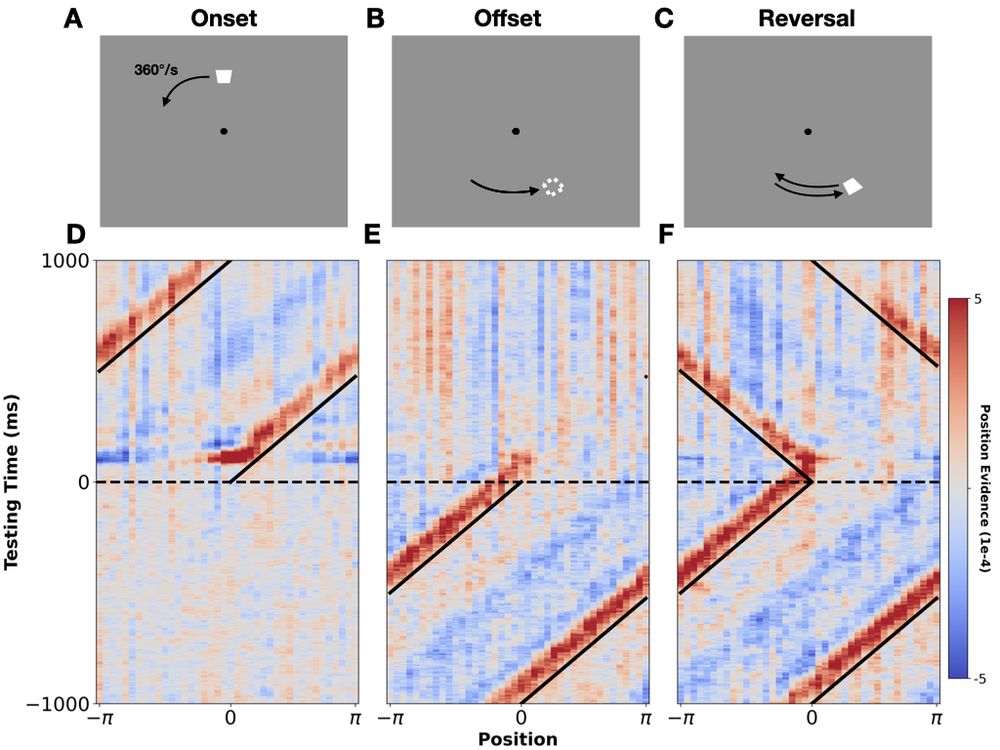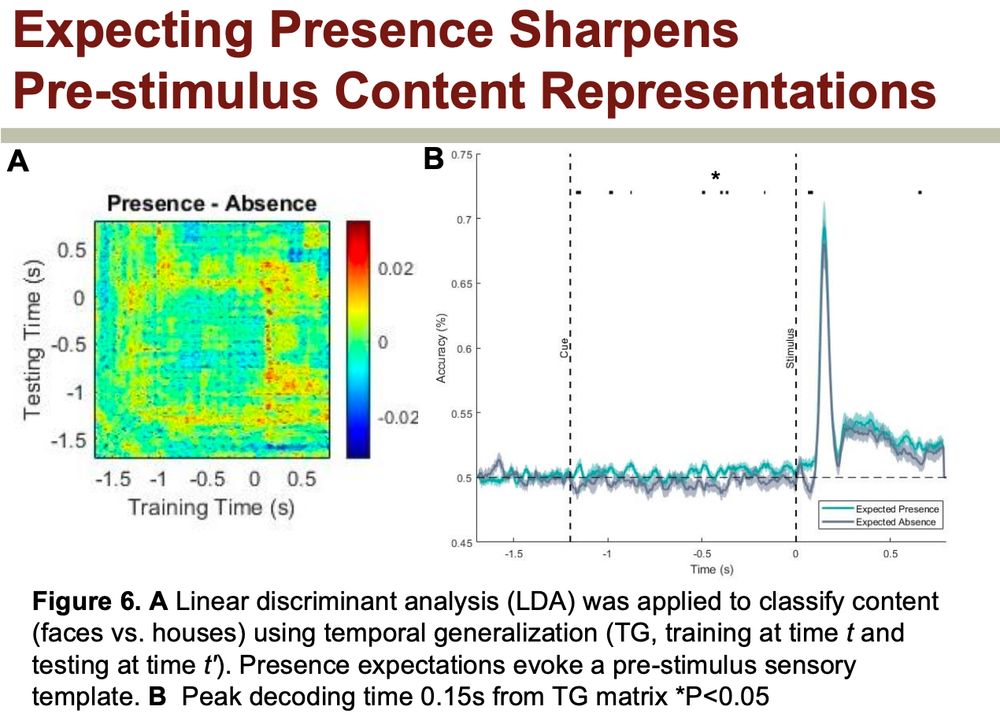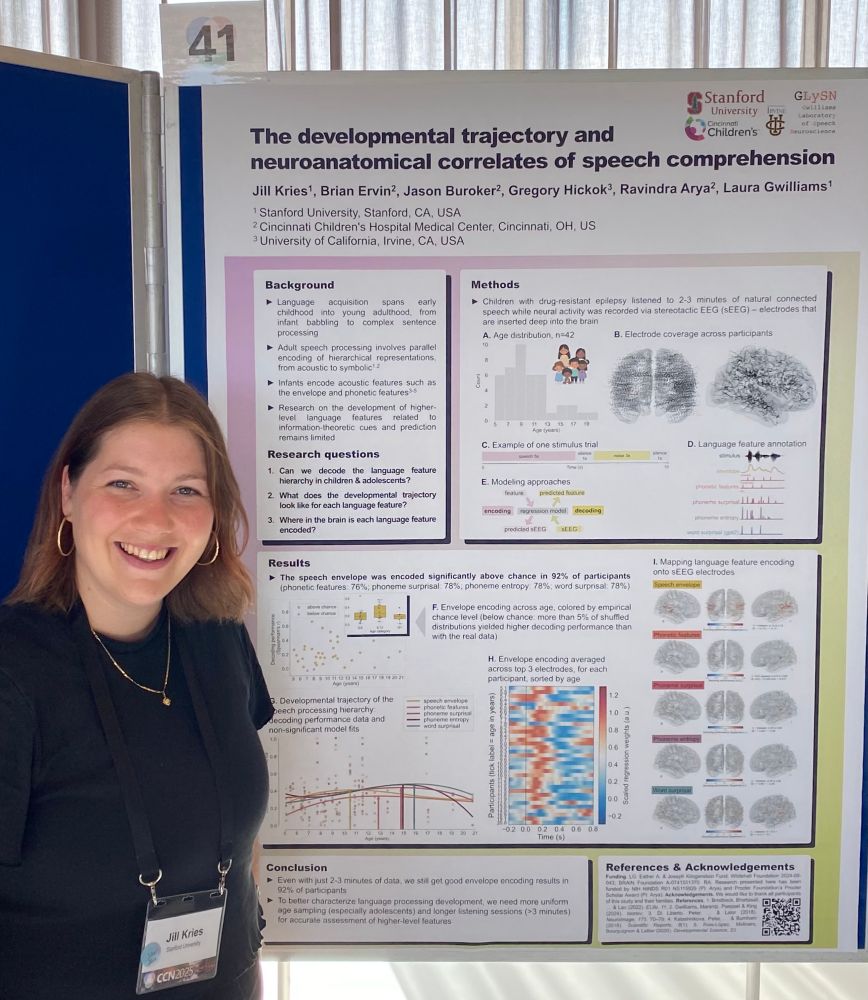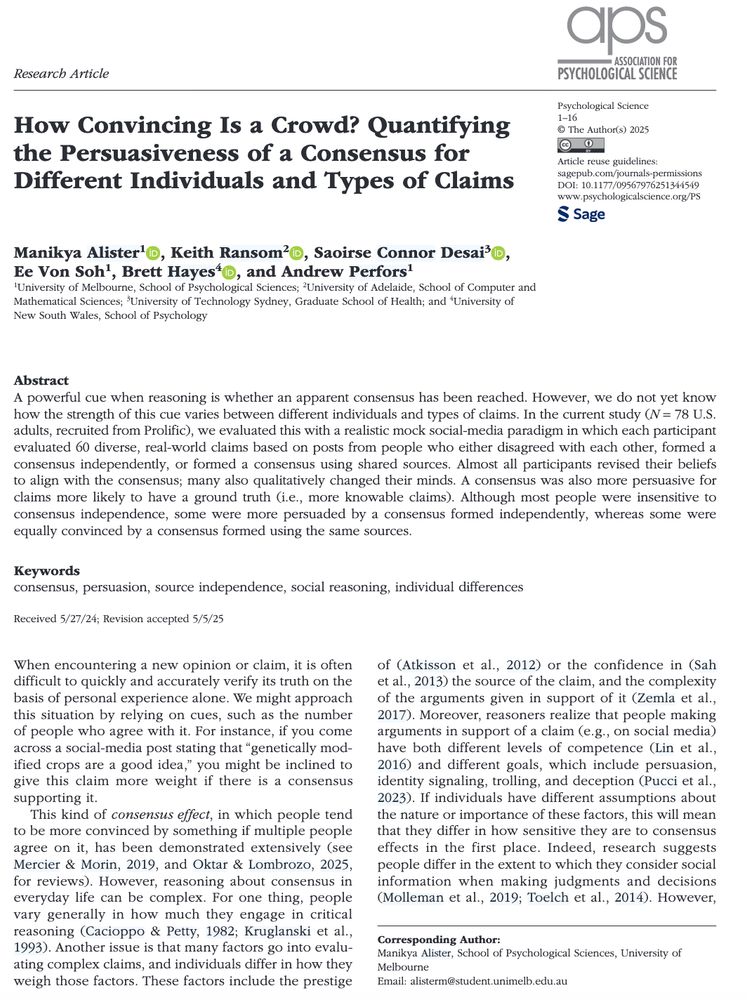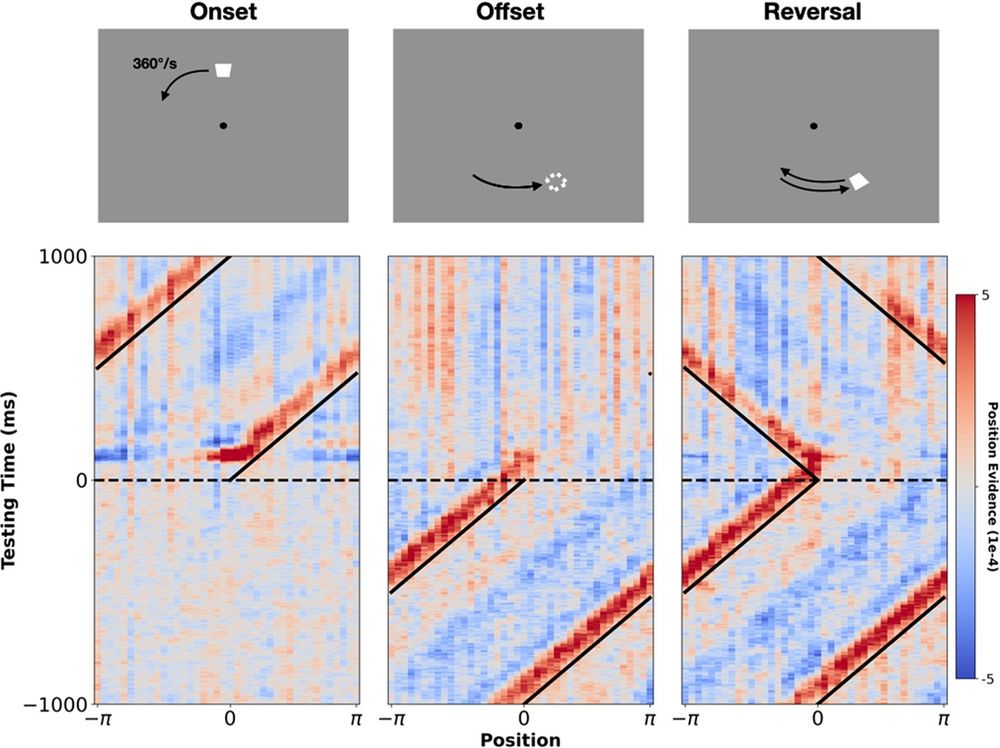Will Turner
@renrutmailliw.bsky.social
110 followers
160 following
5 posts
cognitive neuroscience postdoc at stanford
https://bootstrapbill.github.io/
he/him
Posts
Media
Videos
Starter Packs
Pinned
Reposted by Will Turner
Reposted by Will Turner
Reposted by Will Turner
Reposted by Will Turner
Reposted by Will Turner
Reposted by Will Turner
Reposted by Will Turner
Benjamin Lowe
@brainboyben.bsky.social
· Aug 19

The Latency of a Domain-General Visual Surprise Signal is Attribute Dependent
Predictions concerning upcoming visual input play a key role in resolving percepts. Sometimes input is surprising, under which circumstances the brain must calibrate erroneous predictions so that perc...
doi.org
Reposted by Will Turner
Reposted by Will Turner
Reposted by Will Turner
Reposted by Will Turner
Benjamin Lowe
@brainboyben.bsky.social
· Jul 15
Blake Richards
@tyrellturing.bsky.social
· Jul 11

Sensory responses of visual cortical neurons are not prediction errors
Predictive coding is theorized to be a ubiquitous cortical process to explain sensory responses. It asserts that the brain continuously predicts sensory information and imposes those predictions on lo...
www.biorxiv.org
Reposted by Will Turner
Reposted by Will Turner
Will Turner
@renrutmailliw.bsky.social
· May 23
Reposted by Will Turner
Will Turner
@renrutmailliw.bsky.social
· May 23
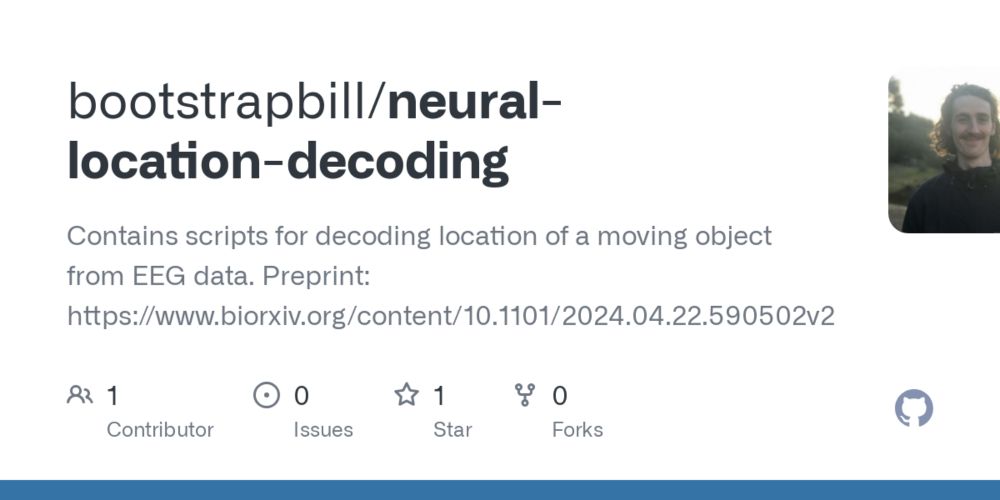
GitHub - bootstrapbill/neural-location-decoding: Contains scripts for decoding location of a moving object from EEG data. Preprint: https://www.biorxiv.org/content/10.1101/2024.04.22.590502v2
Contains scripts for decoding location of a moving object from EEG data. Preprint: https://www.biorxiv.org/content/10.1101/2024.04.22.590502v2 - bootstrapbill/neural-location-decoding
github.com
Reposted by Will Turner
Reposted by Will Turner
